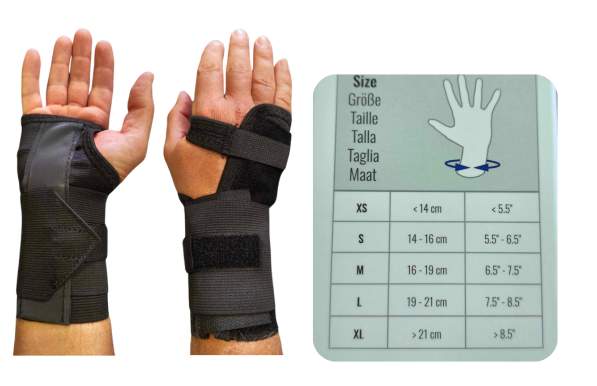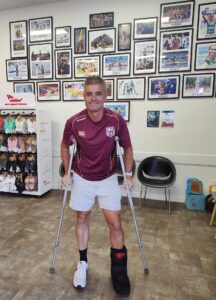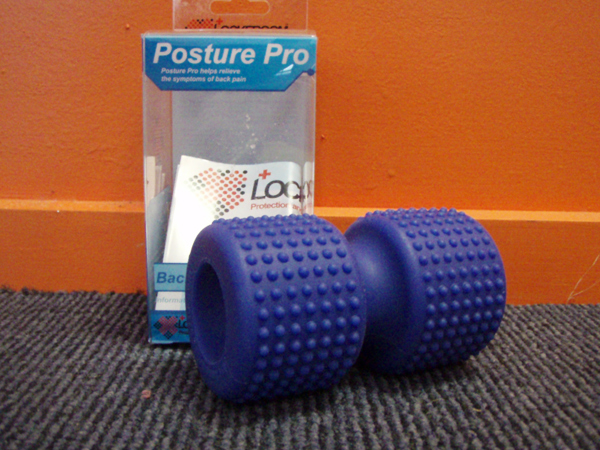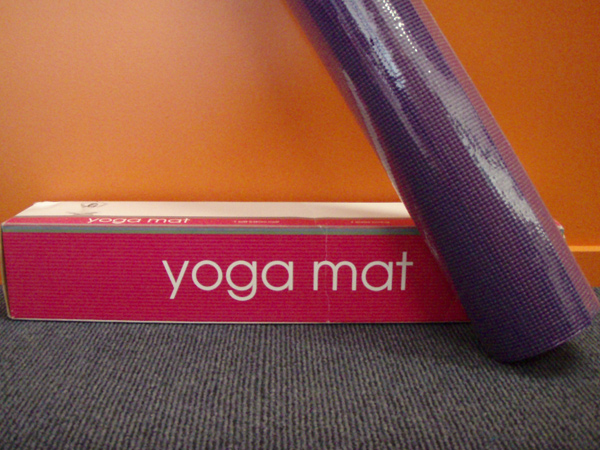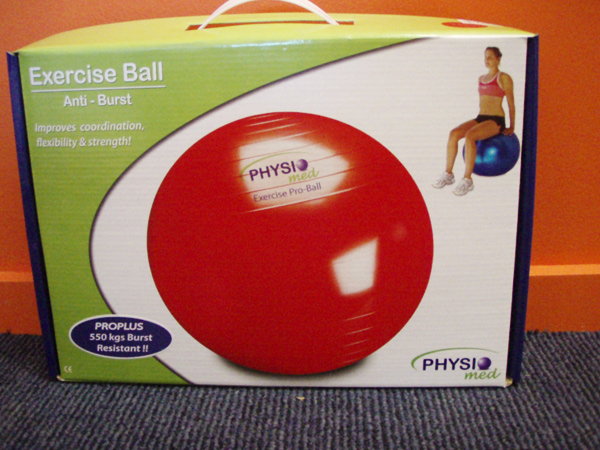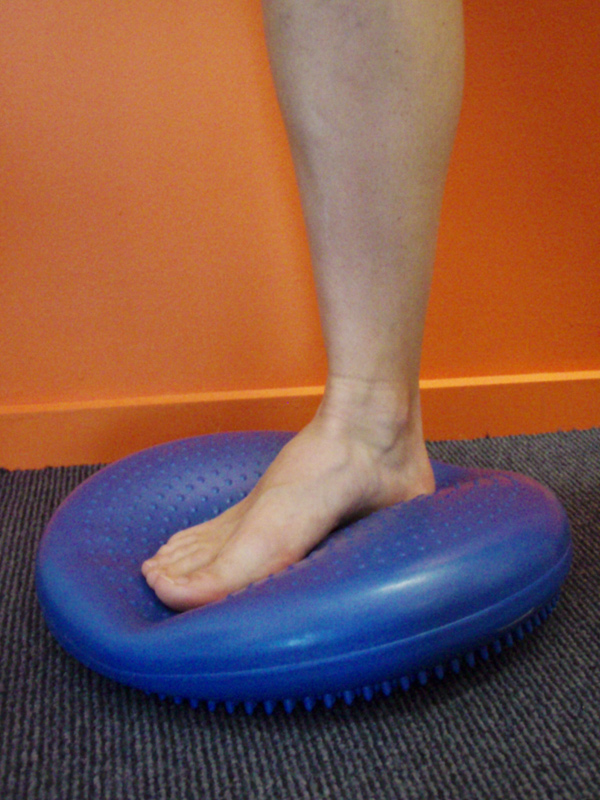So, you’ve started running?
 Unless you’ve been living under a rock, you’ll have realised that running has become a super popular activity with people of all ages and abilities wanting to join the trend!
Unless you’ve been living under a rock, you’ll have realised that running has become a super popular activity with people of all ages and abilities wanting to join the trend!
With that, has come a big influx of new beginner runners that are now loving the sport and wanting to do as much as they can and learn as much as possible.
With the recent rise in the number of people running, we’ve been seeing a lot more runners presenting to the clinic with an injury early in their running journey. There have been some common mistakes that we are seeing, so I thought this would be a good chance to go over those errors and give some tips on how to reduce your risk of injury when getting into running.
1. Increasing your run volume too quickly
This is by far the most common factor seen when seeing a runner for a new injury. It is very easy to fall into the trap of running too much too quickly, but better to slowly progress your training then smashing it for a few weeks then ending up side-lined with an injury.
2. Running your easy runs too hard/ too much intensity
This is another common error that is very common with new runners getting into the sport. People that come into running from a gym/strength or team sport background are used to being able to push themselves to the limit on a daily basis. Now when you are at the gym and working different parts of your body each day you will get away with this as each area gets adequate recovery, however, running will in most part load the exact same structures every run and therefore pushing your body too hard every day is a recipe for disaster.
 3. Copying the training of more experienced runners
3. Copying the training of more experienced runners
One of the first things people like to do when getting into running is start following as many runners as they can on social media and places like Strava. It’s very easy to fall into the trap of trying to copy them given they seem to run really well. What you need to realise, is most of these runners have been training for years and have built up a lot of conditioning and fitness to be able to do what they are currently doing. So trying to replicate their training is definitely not a good idea.
4. Following automated training plans
This is something that has increased in popularity with the recent rise in running popularity. There are definitely some good online automated training plans out there. However, these plans are not developed with your individual training and injury history in mind. I quite commonly see people who have just started running and are already following online marathon training plans when they have never run more than a few kilometres in their life. When starting out running, it is better to be quite conservative with your increase in running and consult with a professional to decide the more appropriate way to begin your running journey.
 5. Not scheduling in recovery
5. Not scheduling in recovery
Recovery is key. If you’re not recovering from the training you are performing then you aren’t benefiting from it. When you’re recovering from a run is when your body is adapting to the new stimulus that you have placed on it and this is where the magic happens. New runners tend to be extremely motivated to run when they first start running. However, running day after day without rest will almost guarantee you an injury. Runners who can hold themselves back and be patient early in their running tend to be the long term winners and achieve their goals a lot quicker.
If you’re someone reading this who’s thinking of or just starting your running journey and has any current niggles/injuries or just wants to make sure their body is ready to start running. I perform run screenings and assessments at our Ashmore clinic that can identify any potential risk factors before they may become a major issue for you.
Call us on 07 5500 6470 or simply book online
Written by Running Physio Kyle Weise

